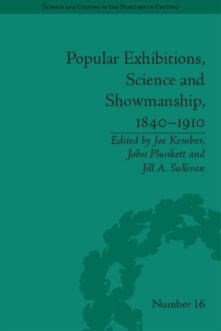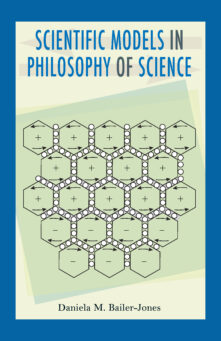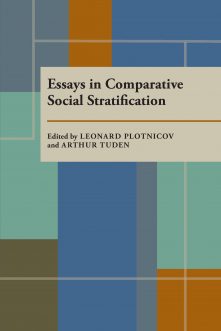Search Results
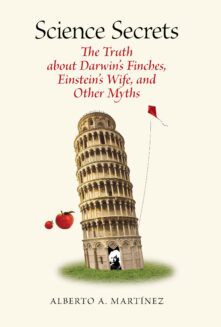

Science Secrets
The Truth about Darwin's Finches, Einstein's Wife, and Other Myths
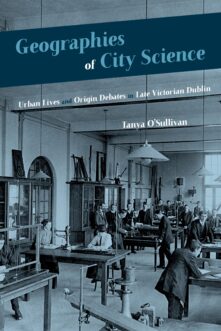

Geographies of City Science
Urban Lives and Origin Debates in Late Victorian Dublin
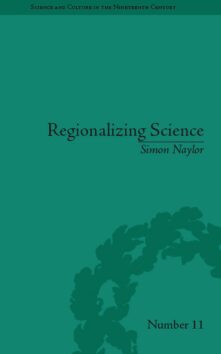

Regionalizing Science
Placing Knowledges in Victorian England
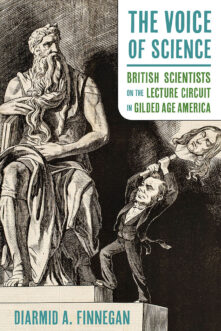

The Voice of Science
British Scientists on the Lecture Circuit in Gilded Age America
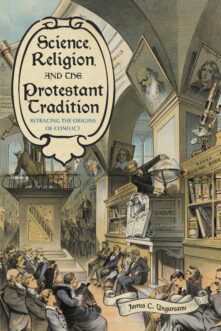

Science, Religion, and the Protestant Tradition
Retracing the Origins of Conflict
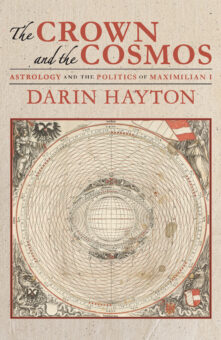

The Crown and the Cosmos
Astrology and the Politics of Maximilian I
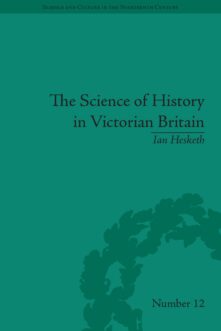

The Science of History in Victorian Britain
Making the Past Speak
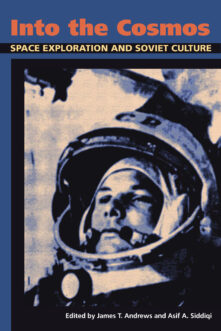

Into the Cosmos
Space Exploration and Soviet Culture
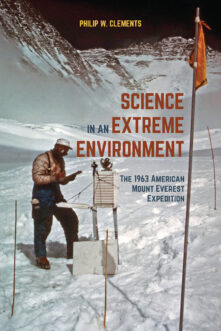

Science in an Extreme Environment
The 1963 American Mount Everest Expedition
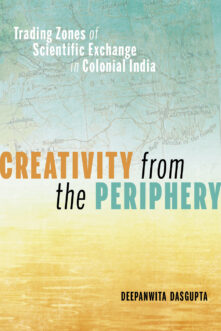

Creativity from the Periphery
Trading Zones of Scientific Exchange in Colonial India
Your search for " The Cosmos of Science: Essays of Exploration " returned 489 results


